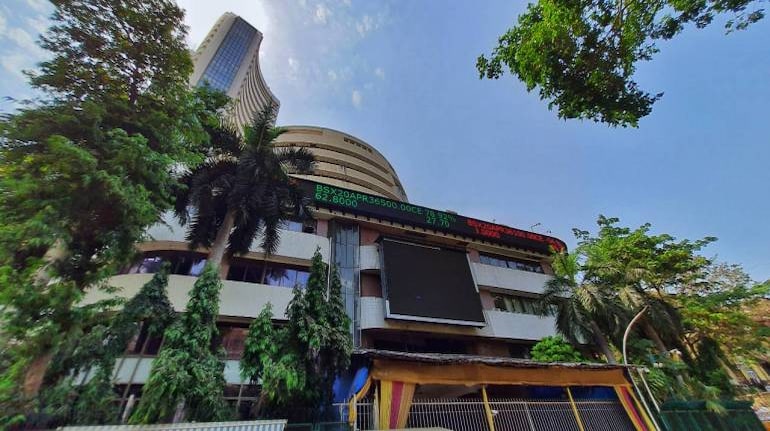Four companies including Vedanta, Hexaware, Adani Power and MNC Ingersoll Rand have informed exchanges and investors of their intention to go private in the past one month
Indian stock markets, reeling under the worst bear onslaught in more than a decade, are now battling a growing trend of widely held companies getting delisted as angry promoters take advantage of near record-low valuations and beaten-down stock prices.
Four companies – metals & mining giant Vedanta, software firm Hexaware, electricity producer Adani Power and manufacturing MNC Ingersoll Rand – have informed exchanges and investors of their intention to go private in the past one month alone. There are more in the pipeline, investment bankers, who spoke to CNBC Awaaz on the condition of anonymity, revealed.
"The timing is perfect for delisting. The backs of investors have been broken," said one investment banker, who has helped several such promoters over the past two decades. "These objectives were there for many years and today’s correction helps the move."
India’s main index, the 50-share Nifty has fallen 21 percent from its peak of 12,430 points hit on 20 January. Its sharp fall hides an ugly reality - more than 140 stocks in the Nifty500 are trading at a deep discount to book value, their intrinsic worth, an analysis by CNBC Awaaz showed.
Many other indices are quoting at record lows, some exceeding a decade. The economic impact of COVID-19 runs into trillions of dollars and India’s economy hasn’t remained untouched over the past three months.
Vedanta, owned by billionaire Anil Agarwal, is quoting 78 percent below its all-time high of about Rs 470. Similarly, Adani Power, controlled by billionaire Gautam Adani, has seen better days on stock markets. Adani Power is trading 74 percent below its record high of Rs 141.
Hexaware is about 37 percent below its all-time high and Ingersoll Rand, at Rs 630 rupees, is quoting at a 40 percent discount to its record close. Indian markets are replete with blue chips trading at 10-year low valuations, making them attractive for promoters to raise stakes or buyback completely.
Adding to the delisting trend are supply-chain disruptions, tepid consumer demand, increasing regulatory oversight and angry shareholders demanding dividend payouts to partially offset falling share prices, one banker said. "Promoters just want out."
Many entrepreneurs use their listed stock as a currency to fund new expansions and meet working capital requirements. Pledging shares in lieu of hard cash is a normal business practice. However, with 40 shares in Nifty50 trading below their December 2019 close, this is fraught with risk.
"These prices are not reflecting the true and fair value of businesses," another banker with a domestic brokerage, said. "Promoters want better prices."
Multinationals are quick to smell a good deal. Global giants, especially if unlisted in their home countries, are salivating at the prospect of getting their cash-generating Indian units delisted. A falling rupee, plunging stock prices and intense regulatory scrutiny have made their decisions easier. These companies were forced to list their Indian subsidiaries in the 1960s-70s.
Its payback time now.
"MNCs do not want multiple listings in different jurisdictions," a banker working for a foreign brokerage said, elaborating that even a minor event at its listed Indian subsidiary has to be informed to the regulators in their country. "They see no value, only a major headache."
These planned delistings – and several in the pipeline – form the second wave of such goodbyes. A similar tsunami hit Indian markets during 2002-2004, post the dot-com bust when MNCs such as Cadburys, Carrier Aircon, Sandvik India, Wartsila Diesel and many more went into the sunset.
This. Too. Shall. Pass.
(Sumit Mehrotra also contributed to this article)Join the Moneycontrol Rule the New Normal powered by Lenovo webinar on the 18th of June. REGISTER NOW!















